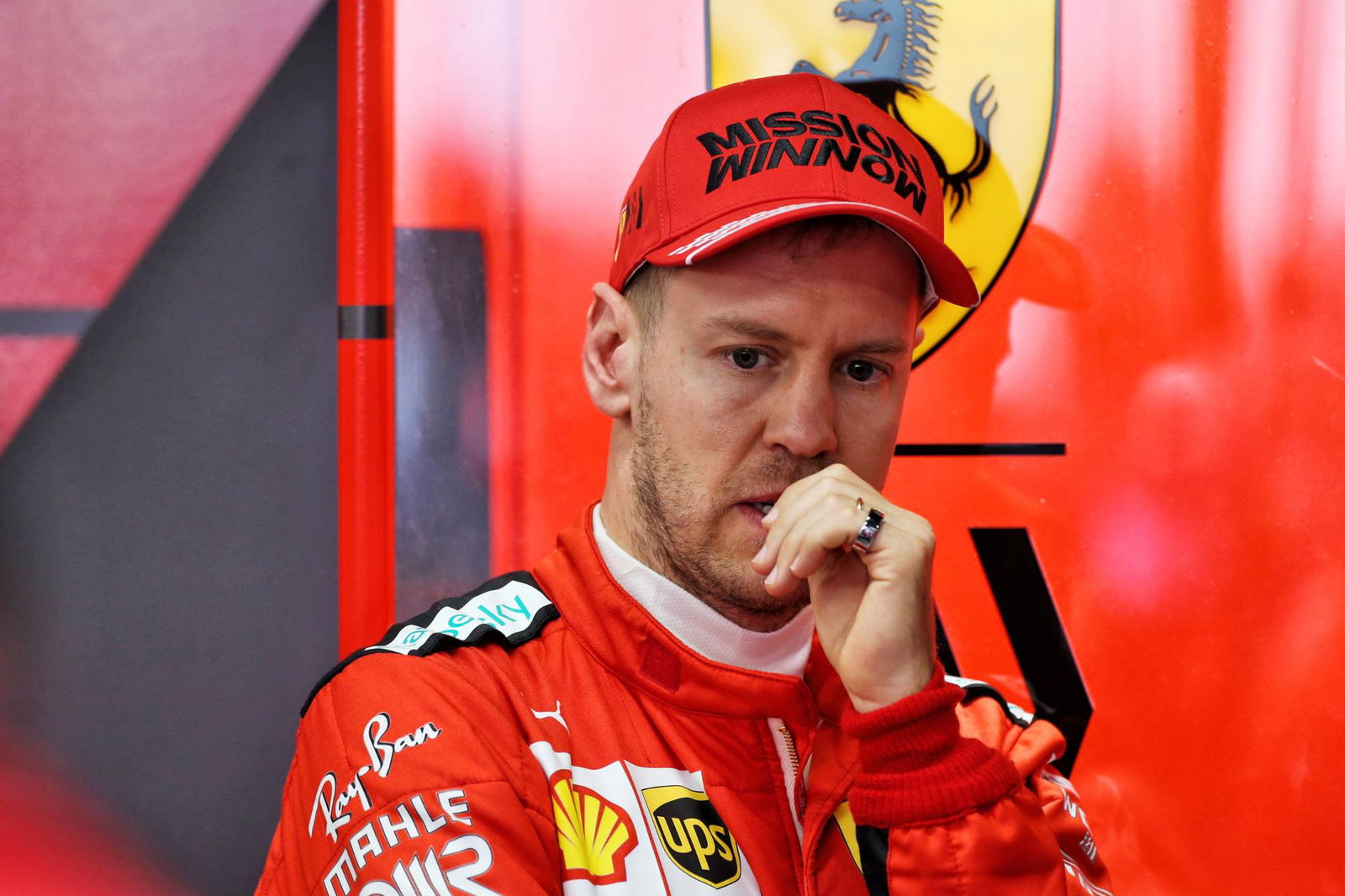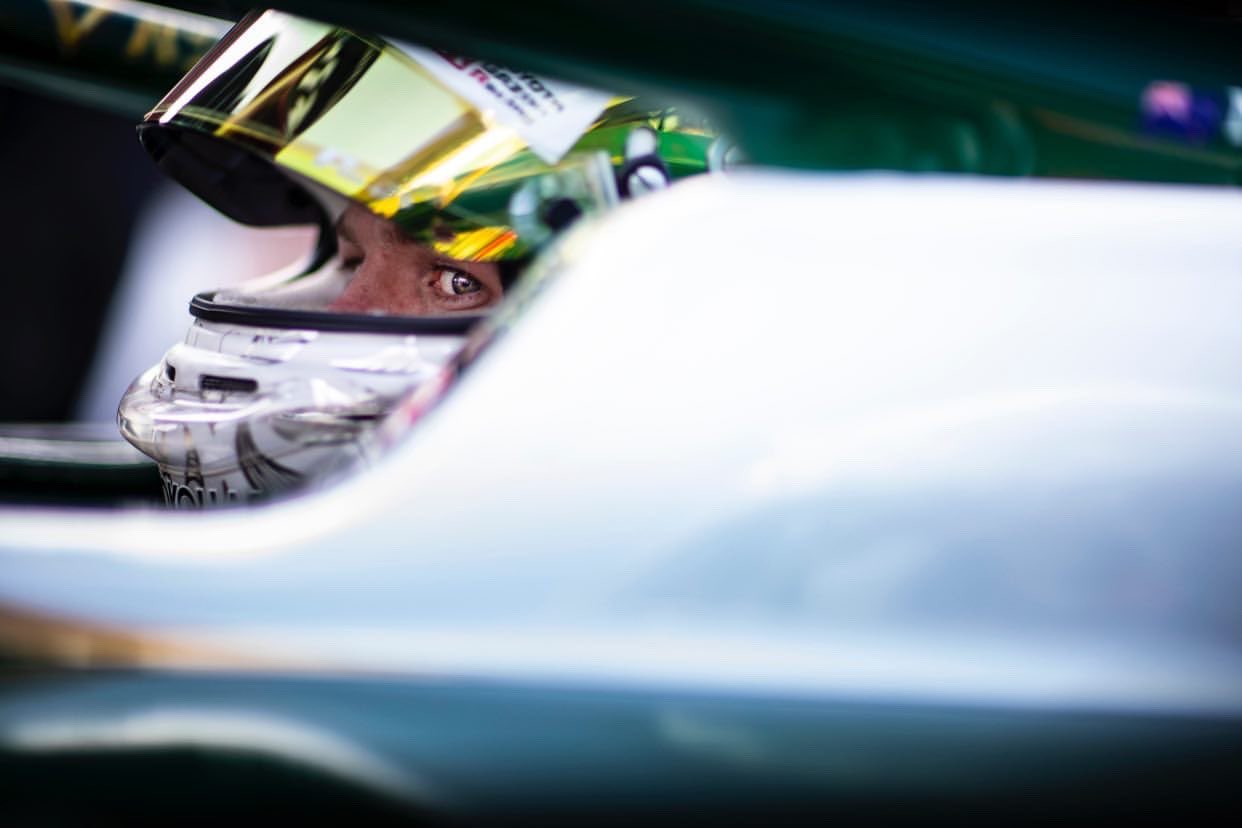Romain Grosjean found online criticism from F1 fans “painful”
Haas Formula 1 driver Romain Grosjean admits he found online criticism from internet trolls “painful” at times but has since learned to accept it.
The Frenchman, who turned 34 last week, revealed he has been subjected to insults from fans on F1 social media platforms in recent years amid some difficult patches of form.
As an eight-time podium finisher, Grosjean believes his F1 record speaks for itself and insisted he has started to embrace any abuse or criticism that comes his way.

Haas Formula 1 driver Romain Grosjean admits he found online criticism from internet trolls “painful” at times but has since learned to accept it.
The Frenchman, who turned 34 last week, revealed he has been subjected to insults from fans on F1 social media platforms in recent years amid some difficult patches of form.
As an eight-time podium finisher, Grosjean believes his F1 record speaks for itself and insisted he has started to embrace any abuse or criticism that comes his way.
“If they say you’re a rubbish driver? Well great… maybe I’m a rubbish driver, but I’ve done 169 Grands Prix," Grosjean explained during an F1 Instagram live session.
“If I was that bad, imagine how stupid the Team Principal would be to keep me in the car?
“I’ve been through different phases,” he added. “Sometimes I was watching [social media comments] and it was just painful.
“So I stopped watching, and, you know what? I got to a point and I was like: ‘I know exactly what I’m doing, I know what I’ve been achieving in Formula 1, I know what I’ve been achieving in my life' – and if those guys decide that they will be harsh on me, I can reply in a funny way.”
Grosjean accepts that criticism is part and parcel of being a sports star with a large following and believes the fact he appears to split opinion highlights that he has personality and charisma.
“Sometimes their [comments are] not as good as you would like them to be, or as polite or respectful, but I think it’s also part of social media,” he said.
“I like when people [comment], if it’s in a good way and they face you and they say this is not good, [that] is not good’, and you can explain and talk.
“I’m kind of happy that either people like me or people don’t like me. If you have the charisma of an oyster, people don’t care.”








